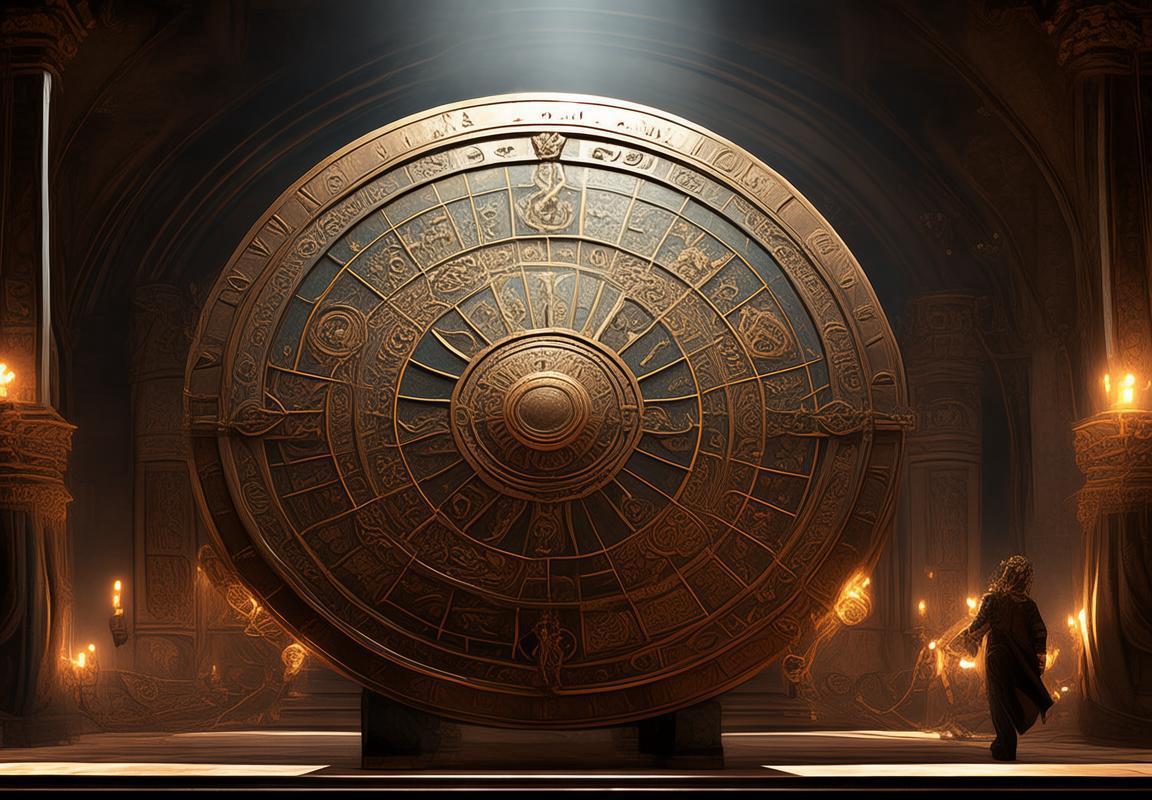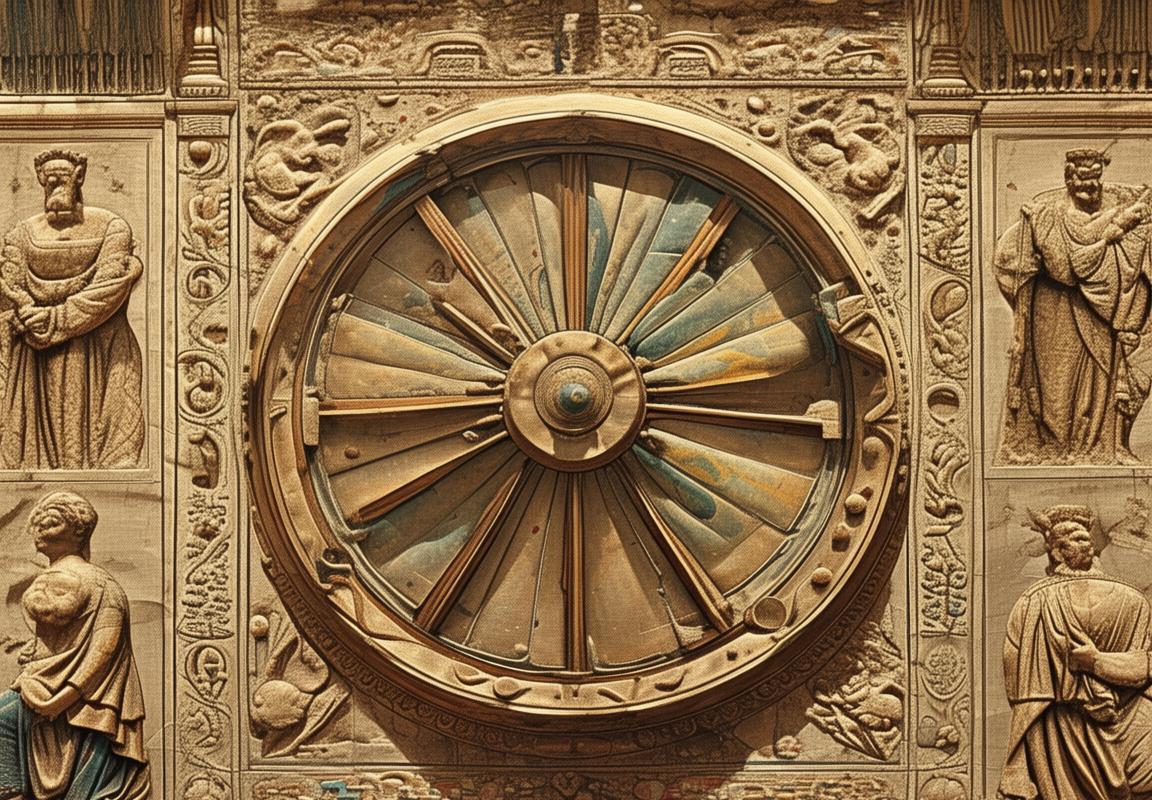The Wheel of Fortune, once a symbol of fate and destiny, has transcended its ancient roots, weaving its way into the fabric of modern pop culture.
The Enigma of the Wheel of Fortune: A Spin into Destiny
- The Wheel of Fortune’s mystique lingers, a symbol of fate’s unpredictable twists.
- Originating in the ancient world, the wheel has spun through various cultures, each imbuing it with unique meanings.
- In the modern era, the wheel’s legacy continues in games, movies, and literature, symbolizing chance and destiny.
- The wheel’s wheel-like design, with its divisions, represents life’s cycles and the potential for change.
- The concept of the wheel as a symbol of chance is deeply rooted in astrology, where it predicts random events.
- In Wheel of Fortune games, players spin for letters, a playful nod to the wheel’s role in life’s lottery.
- The wheel’s imagery has transcended its physical form, becoming a metaphor for the unknown and the unexpected.
- The wheel’s continuous rotation suggests a cycle of renewal, offering a fresh start at every turn.
- The wheel’s enigmatic nature invites reflection on the nature of luck and the human quest for control.
- Whether in myth, game, or astrology, the Wheel of Fortune remains a captivating emblem of life’s unpredictability.

Ancient Origins: The Wheel’s Journey Through Time
- The Wheel of Fortune’s roots trace back to ancient Mesopotamia, where it symbolized fate and the cyclic nature of life.
- In Greece, the wheel appeared in games of chance, embodying destiny’s whims, reflecting the gods’ influence over human affairs.
- The Romans adopted the wheel, using it in games and divination, linking it to fortune-telling and predictions of the future.
- The Wheel of Fortune gained a new life in medieval Europe, used in games of skill and chance, reflecting social and cosmic cycles.
- In the Renaissance, the wheel evolved into a metaphor for the unpredictability of life, depicted in art and literature as a symbol of chance and fate.
- By the 18th century, the wheel was a staple in European gaming halls, a centerpiece of fortune-telling sessions, and a symbol of the unknown.
- The wheel’s image became synonymous with luck and chance in popular culture, seen in lottery games and as a symbol of hope.
- Today, the Wheel of Fortune continues to captivate, its origins in ancient times blending with modern interpretations of chance and destiny.

Modern Relevance: The Wheel of Fortune in Pop Culture
- The Wheel of Fortune has transcended its origins, becoming a symbol of chance and luck in modern culture.
- From lottery games to board games, the wheel’s influence is seen in various forms, appealing to the public’s desire for a twist of fate.
- Television shows like “Wheel of Fortune” have capitalized on the wheel’s allure, making it a staple in entertainment, with contestants spinning for riches.
- The wheel’s image is also a common motif in advertising, representing the potential for sudden success and prosperity.
- Online platforms have adopted the wheel concept, offering virtual spins for rewards, blending tradition with digital innovation.
- In literature and film, the wheel often symbolizes the unpredictability of life, a turning point that can change everything.
- The wheel’s presence in pop culture reflects a universal human fascination with the unknown, the thrill of a chance encounter.
- It’s a reminder that even in the modern world, the wheel of fortune continues to spin, offering a glimmer of hope and excitement.